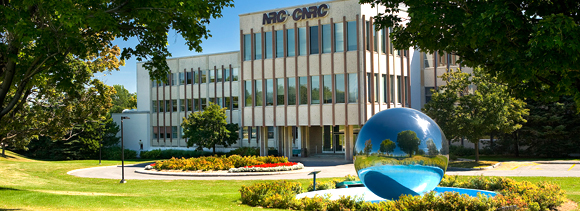
OTTAWA — It was 80 years ago today that CBC Radio listeners first heard the National Research Council of Canada (NRC) time signal, which thereafter becoming a daily feature of CBC’s afternoon radio broadcast.
On November 5, 1939, the NRC time signal was heard on air across the CBC network at exactly 13:00. Today, listeners can continue to hear what the NRC calls “the longest-running but shortest-duration broadcast program” on CBC’s Radio One network every afternoon at 1 p.m. ET.
In a news release on Tuesday, the NRC provided a brief history of timekeeping in Canada over the past 96 years.
1923: Astronomers at the Dominion Radio Astrophysical Observatory created a shortwave time signal radio station.
1929: The regular daytime transmission began in January. In order to cover Canada in its entirety, the station automatically sent its call sign in Morse code once per hour and pulses were coded to identify the time of day.
1938: The CHU call letters were first used for Canadian time transmission on the frequencies 3330 kHz, 7335 (7850 since 2009) kHz and 14670 kHz.
1939: The first time the NRC signal was heard on air across the CBC Radio One network.
1970: CHU was transferred from astronomers to physicists at the NRC, putting the Government of Canada’s largest science and research organization in charge of maintaining Canada’s official time.
2019: Almost 50 years later, the NRC continues to be Canada’s official timekeeper.



